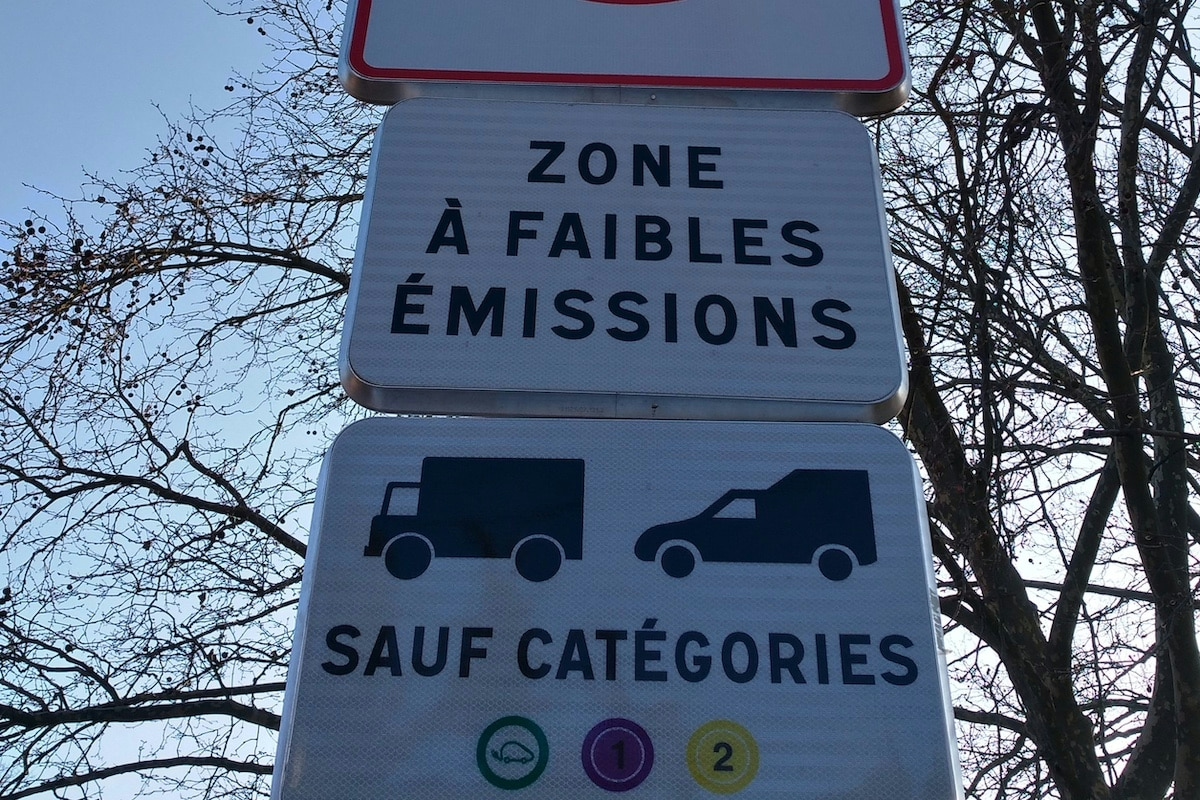Farewell forever, are the ZFE (Low Emission Zones) buried?

Contested for their social impact, ZFEs are at the center of the storm. Roole explains why their abolition is no longer in doubt.
The leading car club in France with 1,400,000 members, Roole has studied the reasons why Low Emission Zones for mobility (ZFE-m) face strong opposition. Since January 1, 2025, all French urban areas with more than 150,000 inhabitants are required to implement them. Yet, many voices, including within the government, question their relevance, criticizing their social impact. The issue: the exclusion of modest populations who cannot afford vehicles that meet the standards. Petitions, such as the one from the association 40 Million Motorists, in partnership with writer Alexandre Jardin, have garnered over 26,000 signatures.
Several Members of Parliament have taken up the issue. Since February, various Private Members’ Bills (PPL) aim to suspend or abolish ZFEs. On February 4, the National Rally proposed outright abolition. On February 18, a cross-party initiative led by The Republicans advocated for a five-year moratorium, while on March 11, LFI Deputy Sylvain Carrière suggested a suspension to evaluate and improve the system. In the Senate, a similar proposal emerged on March 12, followed by a column from Laurent Wauquiez on March 23 calling for immediate suspension.
From suspension to abolition?
On March 26, 2025, the special commission responsible for examining the economic simplification bill voted to abolish ZFE. Pierre Meurin, a National Rally deputy who proposed the amendment, called it an “useless” measure and socially “divisive,” particularly harmful to rural areas.
However, this abolition is not yet decided. The bill will be debated publicly starting April 8. Until then, the future of ZFEs remains uncertain. While data from Airparif indicate that only part of NOx reductions can be attributed to these zones, the government insists on a pragmatic and gradual deployment. Minister Agnès Pannier-Runacher reaffirmed the importance of fighting pollution while acknowledging the recent votes.
Suspension, easing, or complete abolition: the future of ZFEs will depend on upcoming debates. Their implementation, anchored in the Climate and Resilience law, could be fundamentally revisited.
READ ALSO: Roole Map, the clever app that accompanies you on vacation
This page is translated from the original post "Des adieux à jamais, les ZFE enterrées ?" in French.
We also suggestthese articles:
Also read



